LiFi for Secure
Offices
LiFi at the service of cybersecurity

LiFi at the service of cybersecurity
LiFi technology is the perfect solution for modern office spaces that prioritize the network security of their communication systems. LiFi signals depend on visible light for data transmission, leading to greater physical security offered by the inherent nature of light waves. As light signals are confined within a limited space, attackers can’t intercept them from outside a building. This reduces the risk of unauthorized access to a network, adding an extra layer of security from cybercriminals. LiFi technology is ideal for high-security wireless networks as light signals do not face interference from radio waves and operate in isolation from external networks or devices. Network security solutions such as data encryption, secure key distribution, and advanced log management are often integrated with LiFi to create an attack-proof connection for smart offices.
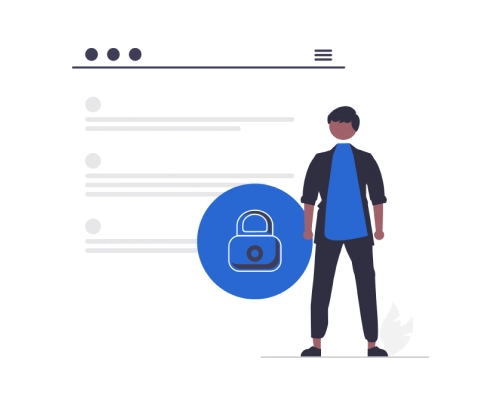
Advantages of LiFi for Cybersecurity
LiFi, an ultra-secure wireless connectivity to guarantee the confidentiality of your sensitive data
Security
As the internet becomes critical for carrying out office work, data and network security solutions are needed to maintain privacy in operations. Most offices have relied on traditional internet connections like WiFi for their day-to-day activities. However, security disruptions due to cybercrimes like hacking and phishing attacks are widespread for official systems that rely on traditional communication systems. This is because the electromagnetic spectrum used by Wifi is prone to interception and hacks.LiFi technology can solve this issue as it relies on the inherent security of light waves to offer the highest level of physical security to a network. The absence of radio waves makes a LiFi network undetectable and non-interceptable outside its coverage zone. Wireless network security for LiFi uses the LiFiMAXController® for management of logs, and a captive portal that can enhance user privacy on each step. These features, along with LiFi’s ability to use invisible light communication for data transmission make it ideal for network
protection and safety.
Connection quality
Internet networks in offices usually support many devices and systems at once. This means that good bandwidth and connection quality are of utmost importance for office WiFis. Since offices are often busy places with a high density of electromagnetic signals, traditional WiFis often face lags and receptivity issues in such environments. To solve this problem, LiFi technology does away with reliance on radio waves by using invisible light rays to establish communication. The light signal has better stability, high speed, and lower latency than WiFi. It offers all the benefits of a wireless optical fiber connection without needing physical support! LiFi networks make it possible to get rid of network congestion phenomena generated by radio interference. A stable connection can guarantee greater comfort in conducting daily official activities like video conferences, meetings, and recording or transferring high volumes of data.
Mobility
LiFi technology promotes mobility in offices by supporting the flexible connectivity needs of a mobile workforce. LiFi networks are wireless and transmit data through visible light communication. This means that devices using LiFi are free to move around in the LiFi coverage zone as long as they remain in the line of sight of the connecting light source. LiFi provides high bandwidth, better security, reduced interference, and improved navigation while maintaining an uninterrupted real-time connection with the internet. Moreover, LiFi technology is easier to deploy alongside existing office infrastructure, using LED bulbs which can still be used for illumination. LiFi technology is super adaptable and allows for easy integration into workspaces to create a secure wireless network. It creates uninterrupted roaming between antennas and access points, leading to better productivity and collaboration.
Cost Efficiency
With LiFi technology, secure community networks become more cost-effective. This is because LiFi is simpler to install, uses less equipment, and still offers a superior internet connection in the workplace. The major component used in a LiFi network is an LED bulb, which can be utilized for both- illumination and data transmission. LED bulbs are proven to consume less electricity than other lighting sources( fluorescent or incandescent), offering better cost-efficiency and lowered carbon emissions. Integration of LiFi does not require heavy wiring or hardware installations, creating more possibilities for scalability and further integration with the IoT.
Improved Speed
LiFi technology can transfer data at the speed of light! Using light waves as a medium of communication has many benefits, such as higher bandwidth, improved stability, low latency, and internet security. Light fidelity or LiFi technology is capable of giving high-speed data transmission rates with the help of light signals. Some experiments have demonstrated LiFi networks achieving speeds as high as 224 Gbps. High-speed LiFi internet can support workplaces that require bandwidth-intensive applications such as video conferencing, large file transfers, and real-time connectivity without latency.
FAQs
How does wireless internet work?
Wireless internet works by transmitting data through radio waves or, in the case of LiFi, visible light waves. Traditional wireless technologies like WiFi use radio frequency signals to establish a connection between a device (such as a computer or smartphone) and a router. LiFi, on the other hand, relies on visible light communication for data transmission, offering enhanced security and speed.
Which wireless encryption method is the most secure?
Currently, WPA3 (Wi-Fi Protected Access 3) is considered the most secure standard for WiFi networks. In the context of LiFi, encryption methods such as 128-bit AES key for LiFi link contribute to its high level of security.
How to secure my internet?
LiFi technology is considered to be generally more secure than traditional technologies such as WiFi due to its use of light waves for data transmission instead of radio frequencies. Since light signals cannot penetrate walls, LiFi has a limited range, reducing the risk of unauthorized access from outside the designated area. Additionally, LiFi signals are confined to the physical boundaries of the light source, minimizing the chance of interception. This makes LiFi a preferred solution for internet protection.
Why is LiFi more secure than WiFi?
LiFi is considered more secure than WiFi due to its reliance on invisible light for data transmission. LiFi signals are confined within a limited space, making it challenging for attackers to intercept them from outside a building. The absence of radio waves also enhances security, as LiFi networks are undetectable and non-interceptable outside their coverage zone. Other network security solutions, such as data encryption and secure key distribution, further contribute to making LiFi a highly secure wireless technology and a preferred solution for network security companies.
Can LiFi technology support mobility within office spaces?
Yes, LiFi technology promotes mobility and network security solutions in offices by supporting the flexible connectivity needs of a mobile workforce. Devices using LiFi can move freely within the LiFi coverage zone, as long as they remain in the line of sight of the connecting light source. This enhances navigation, provides high bandwidth, reduces interference, and maintains an uninterrupted real-time connection with the internet.
How does LiFi technology contribute to improved speed in data transmission compared to traditional WiFi?
LiFi technology leverages light waves as a medium of communication, enabling high-speed data transmission rates, and internet protection. It offers benefits such as higher bandwidth, improved stability, low latency, and enhanced internet security. LiFi can achieve data transmission speeds that surpass traditional WiFi, making it suitable for bandwidth-intensive applications such as video conferencing, large file transfers, and real-time connectivity without latency.
Ultra-secure connectivity
Rather than using radio waves, LiFi uses the light spectrum to transmit and receive data. Light has a significant advantage: it doesn’t pass through walls. The use of light to exchange data allows to physically secure connectivity within a defined area. LiFi is therefore, by nature unhackable, undetectable and non-interferable thus offering theabsolute security of your connectivity.
In order to provide additional security, Oledcomm has developed the LiFiMAXController®, a software program integrated to the access point allowing the complete management and configuration of your network infrastructure.
Better connectivity
- Our solutions offer improved stability and reduced latency
- The absence of radio interference avoids network saturation
- Bandwidth is shared more equitably, thanks to Oledcomm’s patented technology
*Test performed in laboratory with a LATNEX – HF-B8G device on 12 terminals connected simultaneously (Professional High Frequency and RF Meter)
*Context of the measurement: available speed during the test: 93/90Mbps. 12 users connected simultaneously. Measured with speedtest.net
Use Cases of LiFi Technology

Crisis room

Secure room

Administration room

Law firms

Medical practice

Banking/Insurance
Our LiFiMAX® product line
CSPN certification in progress
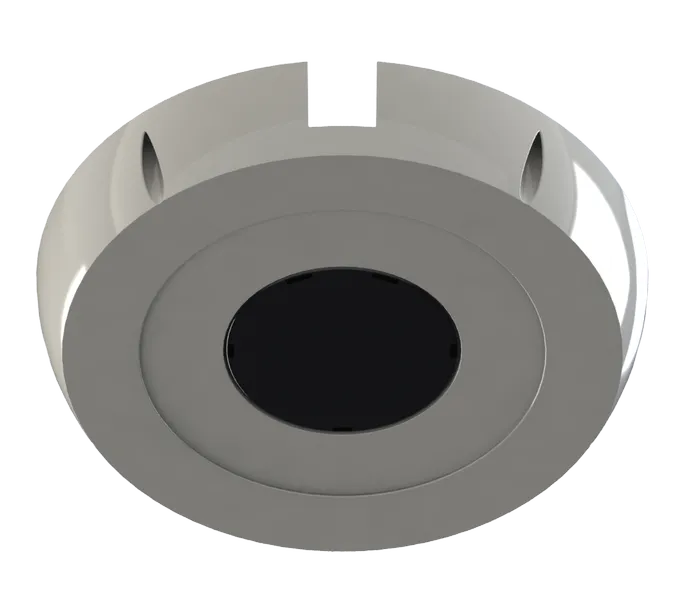
Access point
Allows access to the network, contains the intelligence of the LiFi system, including the LiFiMAXController®.
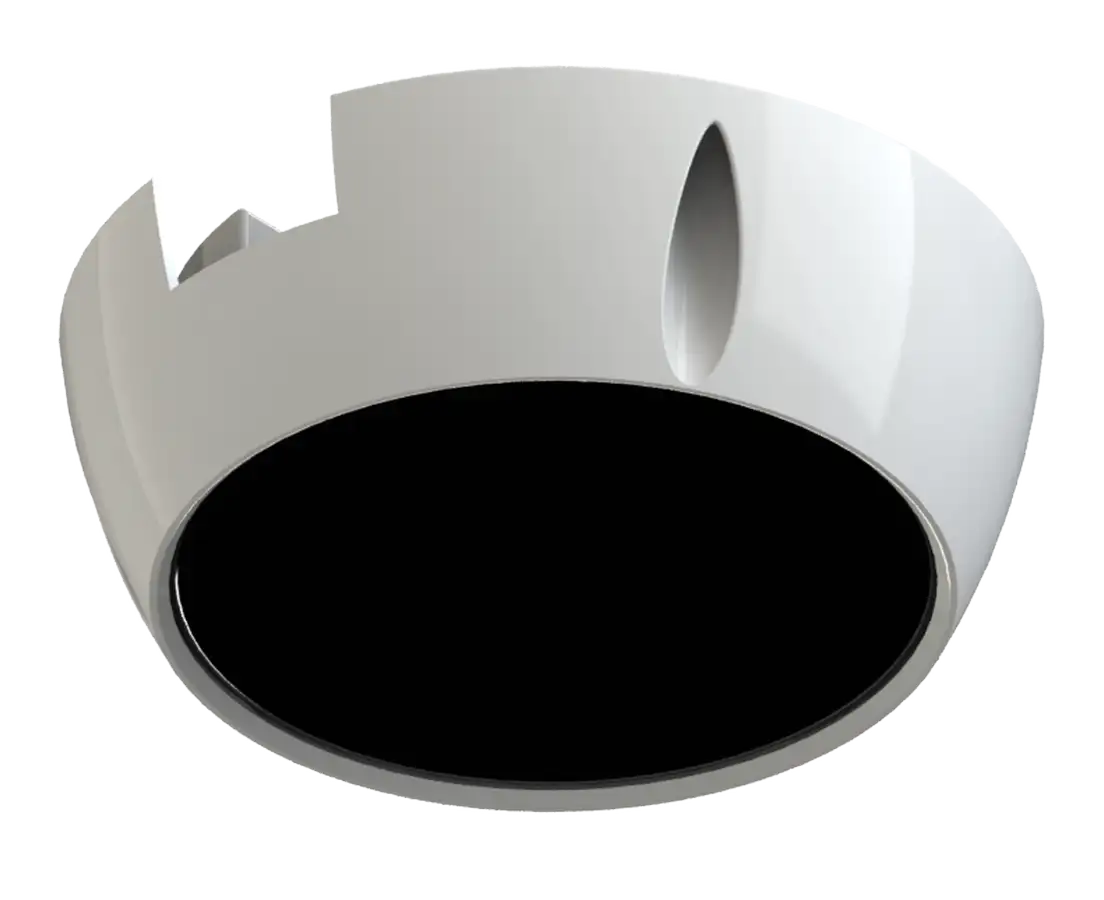
Antenna
A transmitter and signal repeater that allows optimal coverage of the space.
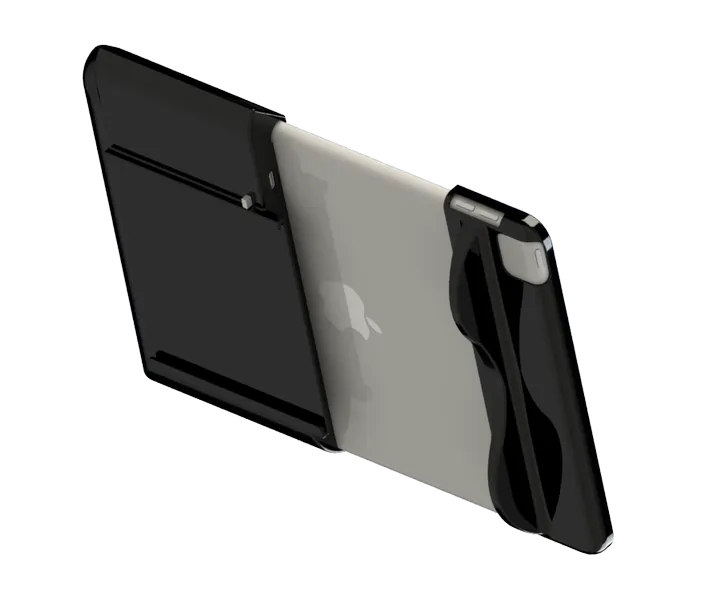
Integrated receivers
Tablet shells/casings with integrated LiFi for your iOS and Android tablets
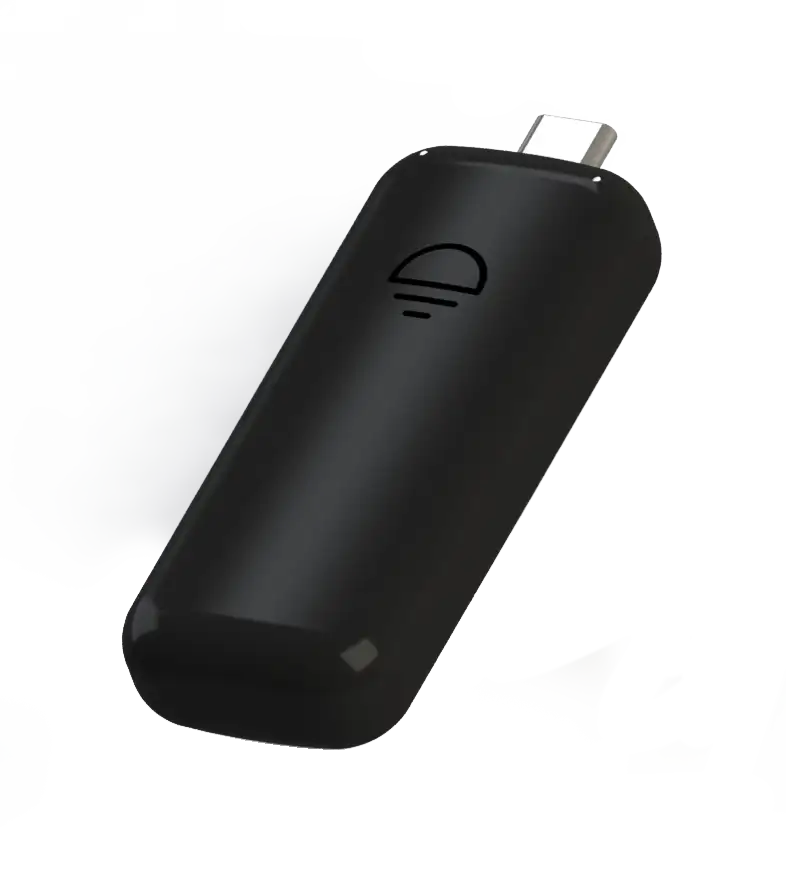
LiFi receiver
To connect computers, tablets and smartphones in plug and play
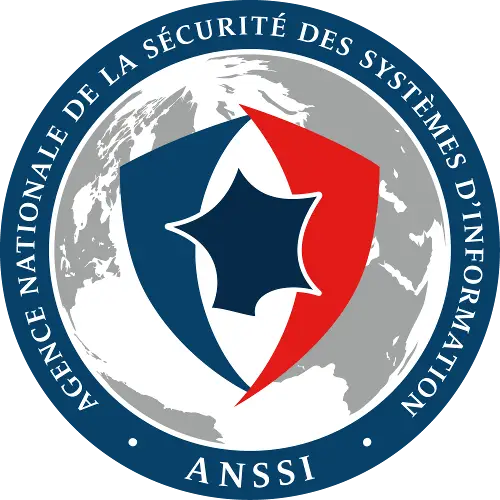
LiFiMAXController®
An additional security layer that allows you to remotely manage all access points on your network, configure authentication and monitor logs.
Currently undergoing ANSSI CSPN certification.
Our Cybersecurity offer :
- Preliminary study of the secured areas to be equipped
- Supply of LiFi equipment
- Installation and setup
- Integration with your IT and Cyber infrastructure
- User training
- Preventive maintenance of equipment
- Technical hotline





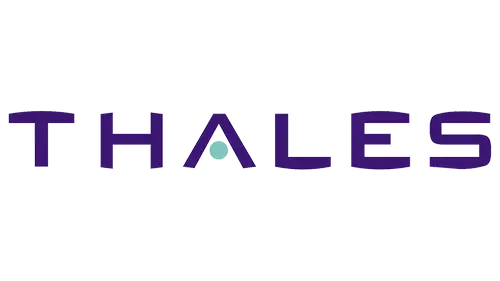

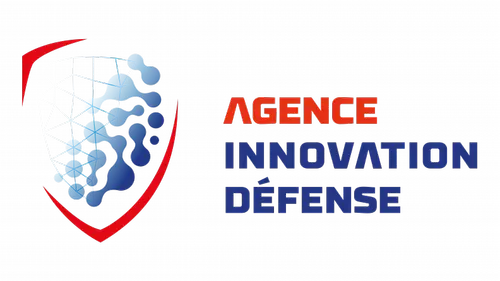

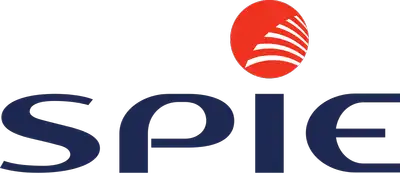

We would be delighted to accompany you on your projects!
Home > Secure offices